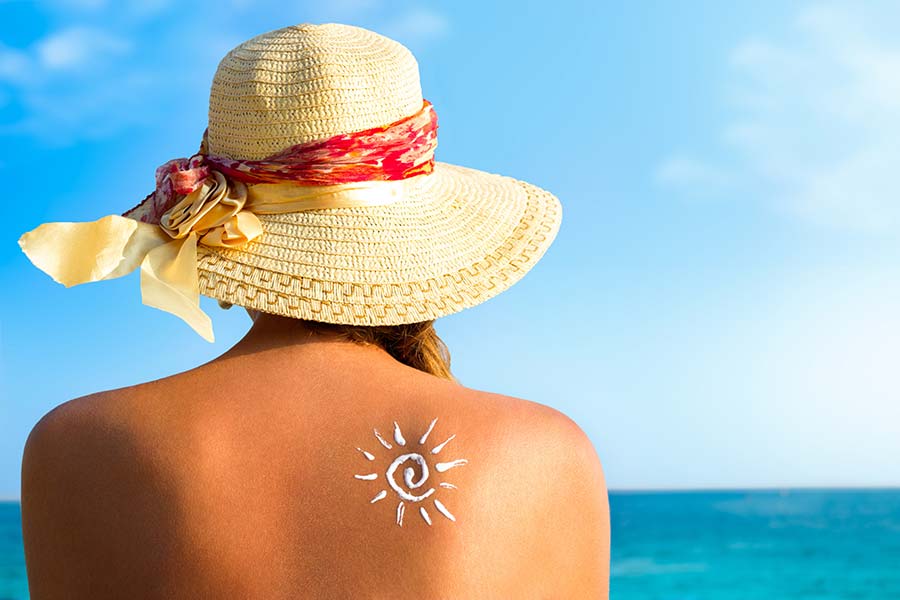Take a shine to your health
Everyone knows protection is needed for long exposure to the sun’s harmful rays, but do you know being in the sun also provides healthful benefits?
While the dangers of getting too much sun have been widely reported, researchers also have looked more closely at the many advantages of being in the sun for short periods. Excessive exposure to UVA rays can lead to DNA damage and skin cancer, and so can an overdose of UVB rays, which cause sunburn. Both types of rays also deplete your skin’s vitamin A supply, damage collagen, cause cataracts to develop, and make you look older by speeding the skin’s aging. But sunlight in small doses may have benefits.
Vitamin D production
Vitamin D is produced when solar UVB rays hit your skin. The vitamin helps prevent cancer, aids immune and neuromuscular systems as well as calcium metabolism, wards off heart disease, and keeps bones strong. About 75 percent of U.S. adults and teenagers are vitamin D deficient, according to the National Library of Medicine. A normal vitamin D reading is between 30.0 and 74.0 nanograms per milliliter (ng/mL). If you’re afraid of cancer-causing rays, you may tend to stay indoors or cover up. While understandable, it is not recommended. Getting five to 10 minutes of unprotected exposure every day is relatively safe for the average person and provides this vital nutrient. Howver, light-skinned people should avoid getting too much sun.
Improved mood
Do you feel happier on sunny days? Long days of sunlight increase levels of serotonin, which is a hormone that improves your mood. Mental health professionals even recommend 30-minute periods of sunshine each day to patients who suffer from depression. So go for a walk, lounge by the pool, or play yard games with the kids each day to get your vitamin D fix and a healthy pick-me-up.
Improved sleep
Sunlight slows the body’s production of the hormone melatonin, which helps induce sleep. Healthy amounts of sun can help regulate your sleep cycle so you sleep better at night and feel rested during the day. Again, get outside when you get up in the morning and catch some rays to help perk you up. Leave the sun block, sunglasses, and other coverings behind so your body can absorb the sun’s rays. It’s especially helpful to leave your eyes uncovered—but don’t look directly at the sun because this allows sunlight to penetrate them and signal to the brain that it’s time to stop making melatonin.
Alzheimer’s relief
Certain behavioral problems linked to dementia may be relieved by adjusting the lighting, reported a study published in a 2008 issue of the Journal of the American Medical Association. When compared with study participants exposed to dim light, Alzheimer’s patients who got doses of bright light during daylight hours performed better on a mental exams, suffered fewer bouts of depression, and retained more functionality. Participants on melatonin, however, became more withdrawn. Don’t be afraid to soak up some sun! While you shouldn’t spend hours outside without protecting your skin, you should venture out for short periods during the day to help reap the important benefits of sun exposure. You just might find that you feel happier, healthier, and more rested.

